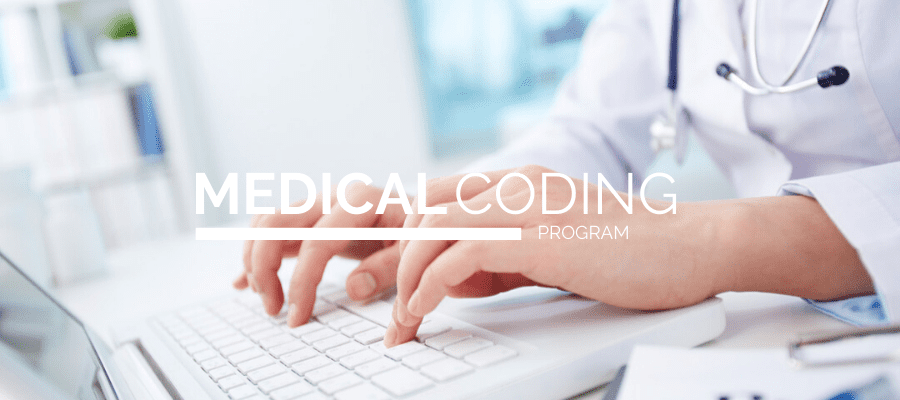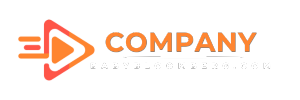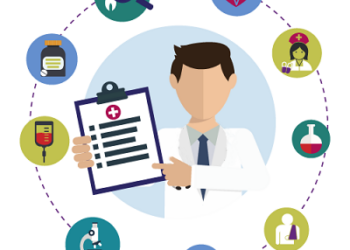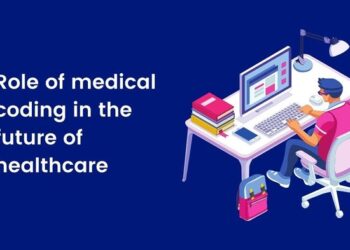Medical coding plays a critical role in the healthcare industry by translating complex medical procedures and diagnoses into standardized codes for billing, insurance claims, and data analysis. As the healthcare landscape continues to evolve, so do the practices and methodologies of medical coding. This essay explores the dynamic changes in medical coding practices and their impact on healthcare.

1. Transition to ICD-10
One significant shift in medical coding practices was the transition from ICD-9 to ICD-10 coding system. The ICD-10 system offers a more comprehensive and detailed coding structure, allowing for better accuracy in describing medical conditions and procedures.
2. Integration of Technology
The integration of technology, particularly Artificial Intelligence (AI) and machine learning, has revolutionized medical coding practices. AI-powered tools analyze clinical documentation and suggest appropriate codes, reducing human errors and expediting the coding process.
Enhancing Accuracy and Efficiency in Medical Coding
The evolving landscape of medical coding practices is driven by the pursuit of greater accuracy and efficiency.
1. Automated Code Generation
With AI, codes can be generated automatically based on patient information, reducing the reliance on manual code assignment. This automation minimizes errors and improves coding consistency.
2. Real-time Documentation Improvement
Technology allows healthcare professionals to receive real-time feedback on documentation quality. This proactive approach ensures that documentation accurately reflects patient conditions, leading to more precise coding.
The Role of Data Analytics in Medical Coding
The evolving landscape of medical coding practices is also influenced by the growing role of data analytics.
1. Insights for Healthcare Decision-making
Analyzing coded data offers valuable insights into patient outcomes, resource utilization, and disease patterns. This data-driven approach aids in making informed decisions about treatment protocols and resource allocation.
2. Predictive Analytics
Data analytics can predict coding trends and potential errors, enabling healthcare facilities to proactively address issues before they impact billing accuracy or patient care.
Challenges and Future Directions
Despite the many benefits, the evolving landscape of medical coding practices faces certain challenges and is poised for continued development.
1. Ensuring Quality and Compliance
As coding processes become more automated, ensuring the accuracy and compliance of codes becomes crucial. Healthcare institutions must ensure that automated coding practices align with coding guidelines and regulations.
2. Continuous Learning and Adaptation
Healthcare professionals engaged in coding must undergo continuous learning to stay updated with evolving coding practices, guidelines, and technologies.
The evolving landscape of medical coding practices is characterized by advancements in technology, enhanced accuracy, and a growing reliance on data analytics. These changes have the potential to streamline healthcare processes, improve patient care, and drive data-informed decision-making. While challenges exist, the future of medical coding promises a more efficient, accurate, and data-driven healthcare industry.
Challenges in Implementing Evolving Medical Coding Practices
While the evolving landscape of medical coding practices offers numerous benefits, it also presents challenges that need to be addressed for successful implementation.

1. Resistance to Technological Change
Integrating advanced technologies into medical coding practices may face resistance from healthcare professionals who are accustomed to traditional methods. Proper training and clear communication about the advantages of these technologies are crucial to overcoming this resistance.
2. Data Privacy and Security
As technology becomes more integral to coding, concerns about data privacy and security arise. Healthcare institutions must implement robust cybersecurity measures to safeguard patient information.
3. Complex Transition Processes
Adopting new coding methodologies or transitioning to new coding systems can be complex and time-consuming. Healthcare organizations need a well-defined transition plan to ensure a smooth shift without disrupting daily operations.
4. Interoperability Challenges
With various healthcare systems and electronic health records in use, ensuring interoperability and seamless data sharing between different platforms remains a challenge.
Opportunities for Future Growth
The evolving landscape of medical coding practices offers promising opportunities for future growth and development.
1. Telemedicine and Remote Coding
The rise of telemedicine presents opportunities for remote coding, allowing certified coders to review and assign codes to patient records from different locations.
2. Precision Medicine Integration
Advanced coding practices can support the integration of precision medicine by accurately coding individualized treatments and genetic data.
3. Expanded Roles for Coders
With the shift towards more complex coding methodologies, medical coders can play an expanded role in clinical documentation improvement, data analytics, and coding audits.
4. Global Coding Standardization
The international healthcare community can benefit from standardized coding practices, facilitating data sharing and research collaboration across borders.
Collaborative Efforts in Shaping the Future of Medical Coding Practices
The dynamic evolution of medical coding practices requires collaborative efforts from various stakeholders.
1. Healthcare Professionals and Coders
Healthcare professionals and coders need to work together to ensure accurate documentation that reflects the complexity of medical procedures, ensuring accurate coding.
2. Technology Developers and Healthcare Institutions
Collaboration between technology developers and healthcare institutions is essential to create user-friendly coding tools that seamlessly integrate with existing electronic health records systems.
3. Regulatory Bodies and Industry Standards
Regulatory bodies should collaborate with industry experts to establish standardized coding practices, guidelines, and certifications that keep pace with technological advancements.
In conclusion, the evolving landscape of medical coding practices is marked by the integration of technology, data analytics, and a focus on accuracy. Overcoming challenges and seizing opportunities for growth requires collaboration, adaptability, and a commitment to improving patient care through precise and efficient coding practices. As the healthcare industry continues to evolve, medical coding will remain a cornerstone of accurate documentation, billing, and data analysis.




















Discussion about this post